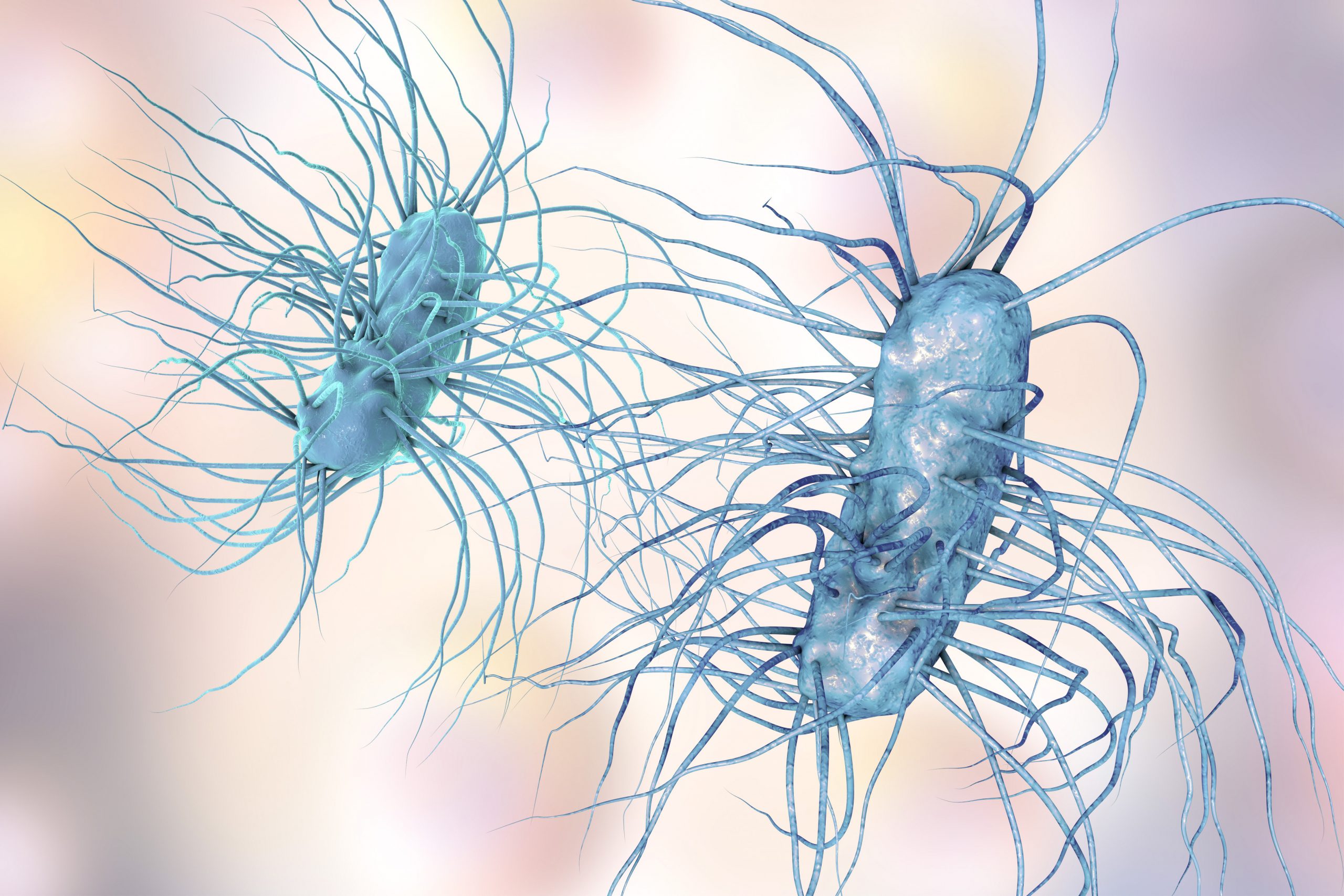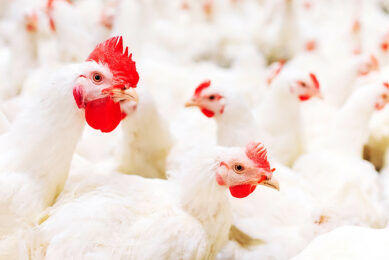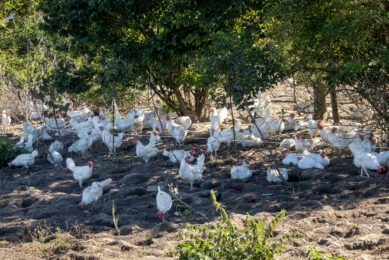“We are polluting the environment with resistant genes”

Antimicrobial resistance is not new, but actually a very old phenomenon. But we see the amount of resistant bacteria genes in the soil increasing, which is more worrisome than antibiotics use on its own.
This is according to microbiologist Dr Margie Lee, professor and head of the Department of Biomedical Sciences and Pathobiology in the Virginia-Maryland College of Veterinary Medicine at Virginia Tech in the US. Dr Lee presented her insights on antimicrobial resistance at the first-annual summer international poultry symposium, organised by Amlan International (Aug 2-3 in Chicago, US).
No clear link antibiotic use and AMR
“We have learned a lot about bacteria over the last decades, and what we learned is that antimicrobial resistance (AMR) is not a new thing, but occurring in nature for thousands or even millions of years”, explains Dr Lee. This is because antimicrobial compounds are part of nature. When fungi produce mycotoxins for example, the intermediate products released have antimicrobial activity. This is why ancient Chinese medicine reports on treating infections with a fungus grown on soybeans. Where there are antimicrobials, bacteria become resistant. “The real question is though, whether mankind has made AMR worse by using therapeutic and non-therapeutic antibiotics in both humans and animals and whether we have decreased AMR by the global efforts made over the last years to ban antibiotics from animal production. Quite frankly, when we look at the reductions made in antibiotics use in farm animals and all the work we have put in this, we don’t see this directly reflected in a decrease in AMR. The good news is that we have found other ways to fight bacteria and to prevent infections, without the need of antibiotics at all”, according to Dr Lee.
Polluting the environment
Dr Lee continued explaining that soil and water both produce and disseminate resistant genes. “We are making this worse by adding more resistant gene loads into the soil through chicken litters and manure for example. Manure and litter contain a high load of resistant genes, not because we use antibiotics, but it is simply a natural thing of the microbiome of young animals to have resistant genes in them. And all the animals in broiler meat production are young animals. So it is not strange that it is very difficult to maintain susceptible organisms in the poultry house”, Dr Lee explained. She addressed that we are actually polluting the environment this way and this requires clever methods to deal with the trillions of tons of compost, litter and manure in a better way to reduce the spreading of AMR in soil and water. “This is a much bigger problem than the theory that AMR might be the result of antibiotic use in animals”, Dr Lee said.
The greatest story never told
“In our lab, we did the first poultry microbiome paper in 2003, the same time that some other labs were working on the chicken microbiome as well. Since then, we have used this information in the field to promote good growth rates and reduce diseases in poultry and turkeys”, explained Dr Lee. What is striking and surprising her, is that the poultry sector is often too modest about the steps taken. “The reduced antibiotic use and the novel ways to keep birds must be the greatest story never told. Incredible large companies like Tyson Foods produce all their birds without antibiotics. And considering Tyson produces 2 billion birds per year, this is quite amazing. People need to know this, that it can be done, although there are always some challenges in keeping diseases under control”. Dr Lee concluded her talk at the Amlan International by addressing that because resistant genes have been around forever, we have to deal with it as much as we can. Better understanding of the chicken microbiome and developing new tools and ways to prevent gut infections in poultry is key in this.











